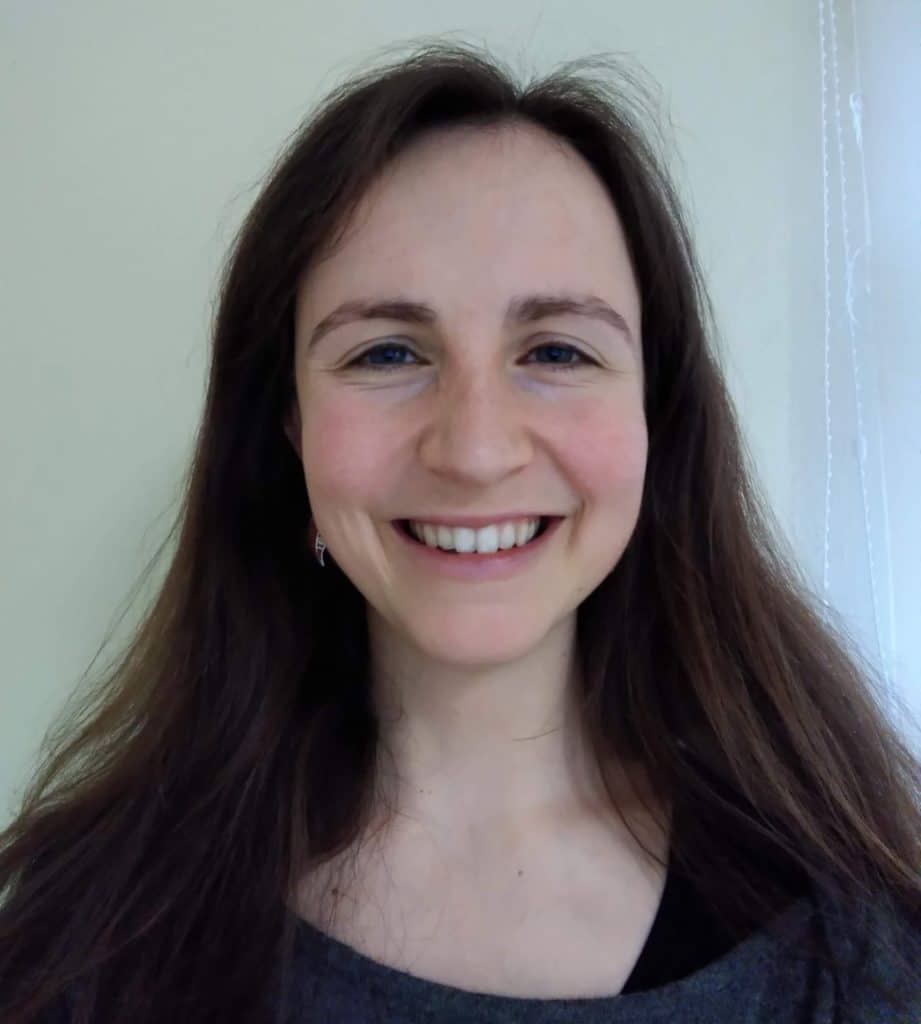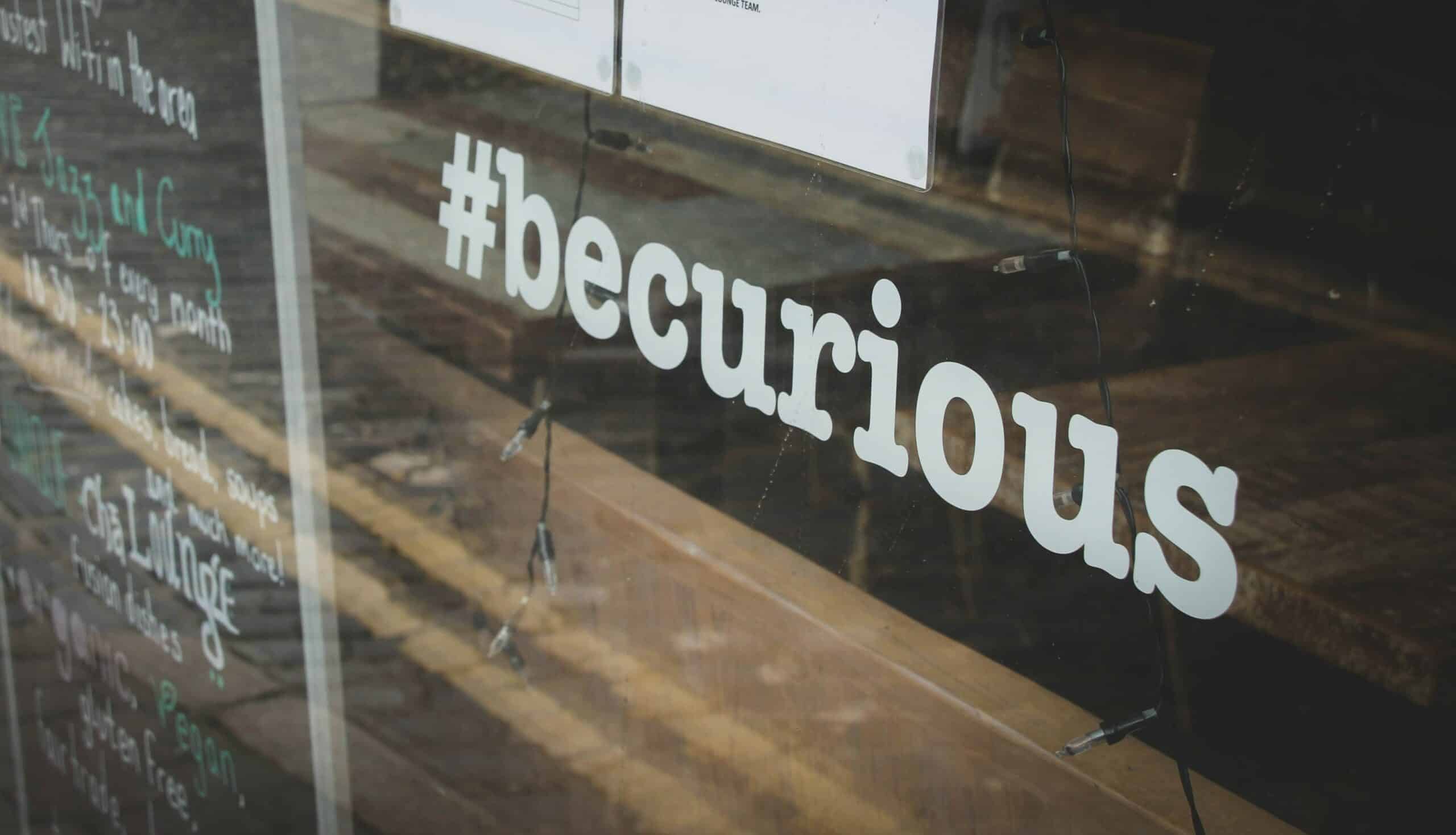Victoria Mason suggests that, when practised well, curiosity is an essential spiritual practice in our relationship with God and others.
The first of the three core Difference habits is Be Curious.
What do you think of when you hear the word ‘curiosity’? Perhaps it might not really sound like a spiritual discipline. But it turns out that, without it, it’s hard to grow in our relationships with God and others.
In this short film, Archbishop Justin unpacks the habit of being curious:
Reframing curiosity
When we talk about being curious as a spiritual practice, this isn’t about nosiness or being intrusive. We’re talking about an approach of openness – seeking deeper understanding rather than jumping to judgement, trying to wonder rather than make assumptions.
A growing number of research studies are revealing the importance of curiosity to wellbeing, relationships and even skills like problem-solving and memory. A recent study shows that people who practise curiosity have better social relationships with colleagues at work and are less likely to experience feelings of burnout. They are more open to hearing others’ opinions and able to engage in productive disagreements.
An essential part of relationship
To be curious is to wonder and ask questions. And this approach is also a key part of growing as people seeking to follow Jesus.
The pastor and author AW Tozer wrote: “Lord, increase my curiosity and help me to know You so intimately that I am especially, specifically, consciously aware of Your Presence throughout the day.”
Scripture urges us to seek the Lord – to pursue relationship with Him. Seeking suggests a curiosity that is active, drawing us deeper. In 1 Chronicles 16:11, we read: ‘Seek the Lord and his strength; seek his presence continually!’ and in Matthew 6:33 Jesus urges us to ‘Seek first the kingdom of God’. This kind of curiosity builds our relationship with God.
The ups and downs of normal life raise all sorts of questions for us. Bringing these questions to God, asking where God is at work and what he is doing, is essential if our relationship with God is to thrive. If we don’t, we risk getting stuck or stagnating.
When we lean into the practice of curiosity, we also cultivate humility. When we’re curious, we acknowledge that we don’t have all the answers, recognising that our own story and our perception are limited. We rediscover the extent to which we are shaped by our own experiences. There are things we don’t know and which we can only discover by asking God or others.
Our relationships with God and others are intertwined
Interestingly, being curious in our relationships with others is also deeply connected to our relationship with God. The theologian Dietrich Bonhoeffer wrote about what happens when we cease to be curious: ‘There is a kind of listening with half an ear that presumes already to know what the other person has to say. It is an impatient, inattentive listening … and it is certain that here too our attitude towards our brother only reflects our relationship to God.’
We see again and again the ways Jesus approached others with openness, asking questions, creating space for conversation – from his encounter with the woman at the well to his appearance to the disciples on the road to Emmaus, asking ‘what are you discussing about together?’
In the face of difference or conflict, our immediate instinct can be to shut down or disengage. These understandable reactions can reinforce the fracture in our relationships. Being curious does something different – it creates space for the relationship to breathe and for God to be at work within it. Curiosity has the power to disarm fear and hostility. A simple question can take a conversation in a new direction. Taking the time to pause and wonder can stop us reacting destructively and enable us instead to engage creatively.

Victoria Mason is Editorial Manager and Theological Lead for the Difference team.




